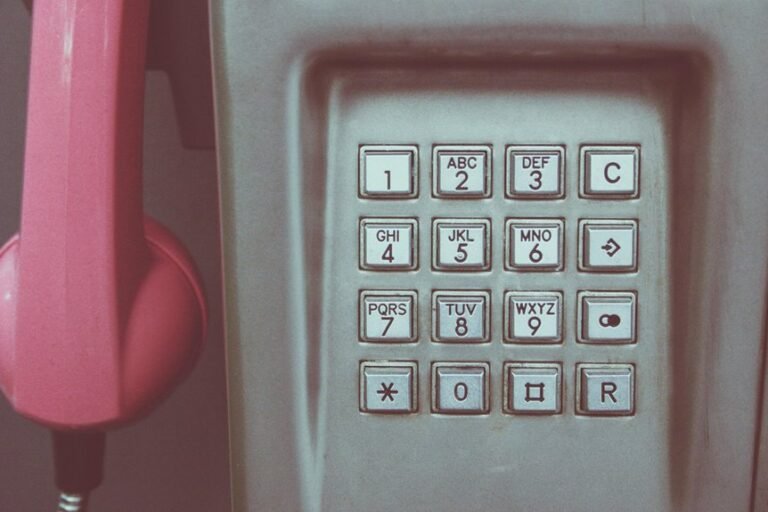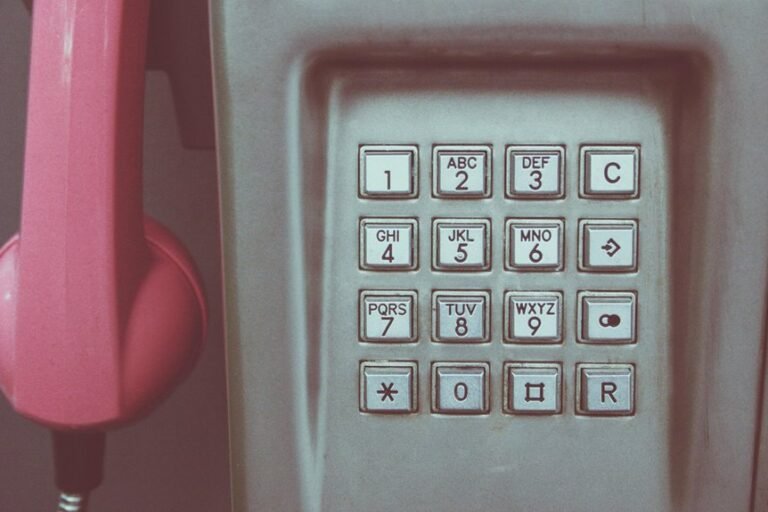Business Support Line – Verify Calls From 8064124477, 7155021389, 9189216770, 6786790018, 7326672713, 4696638088

In an increasingly digital landscape, verifying calls from unknown numbers such as 8064124477, 7155021389, and others is crucial for maintaining communication security. Businesses face potential risks from phone scams that can jeopardize sensitive information. Understanding methods for call verification and implementing best practices can significantly enhance security measures. However, the effectiveness of these strategies often hinges on the vigilance and preparedness of the individuals involved. What steps can organizations take to bolster their defenses?
Understanding the Significance of Verifying Calls
Why is it essential for businesses to verify calls received through their support lines?
Call authentication serves as a critical defense against phone scams, ensuring that interactions are legitimate. By rigorously verifying calls, businesses protect sensitive information and maintain trust with customers.
This proactive approach minimizes risks associated with fraud, enabling companies to foster a secure environment while promoting a sense of freedom in communication.
Methods to Verify Unknown Numbers
Verifying unknown numbers is a vital step in maintaining the integrity of business communications.
Utilizing caller ID can provide initial insights into an incoming call’s origin. Additionally, employing a phone lookup service allows individuals to cross-reference the number against databases, revealing potential fraud or spam.
These methods enhance decision-making, ensuring that communications remain secure and trustworthy in the evolving business landscape.
Best Practices for Handling Suspicious Communications
How can businesses effectively manage suspicious communications to safeguard their operations?
Recognizing suspicious signs is crucial. Implementing robust communication strategies, such as verification processes and employee training, can mitigate risks.
Encouraging a culture of vigilance empowers employees to report unusual interactions. Regularly reviewing communication protocols ensures preparedness against potential threats, ultimately fostering a secure environment conducive to operational freedom and integrity.
Conclusion
In conclusion, verifying calls from unknown numbers is crucial for maintaining communication security and protecting sensitive information. Statistics reveal that nearly 30% of phone scams involve spoofed numbers, highlighting the importance of vigilance. By adopting effective verification methods and best practices, businesses can significantly reduce their exposure to phone fraud. Emphasizing a culture of awareness not only safeguards customer trust but also fortifies the integrity of organizational communications against evolving threats.





